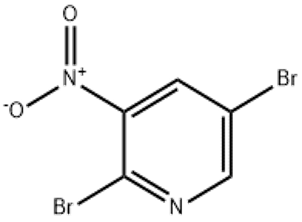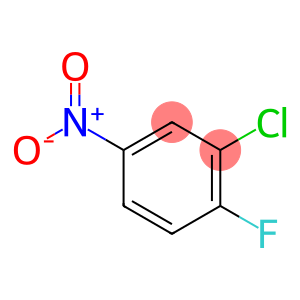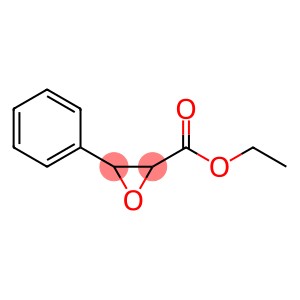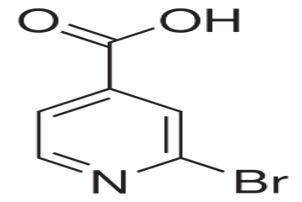Dihydrocarvyl acetate(CAS#20777-49-5)
| Safety Description | S23 – Do not breathe vapour. S24/25 – Avoid contact with skin and eyes. |
| WGK Germany | 2 |
| RTECS | OT0210000 |
Introduction
Monocartin acetate. Its properties are as follows:
Appearance: Carlotin acetate is a colorless and transparent liquid.
Solubility: It is soluble in water and many organic solvents such as ethanol, chloroform, and acetone.
Fragrance: Caraway acetate has a special floral aroma.
The preparation method of dihydrocarabeth acetate is generally carried out by esterification reaction, and the specific step is that acetic acid and caramel are reacted to form under acidic conditions.
Safety information for carabeth dihydroacetate:
Toxicity: Monocarbartin acetate is non-toxic to humans at general concentrations.
Flammability: Carlotin acetate is a flammable liquid and should be kept away from open flames and high temperatures.
Irritation: Long-term exposure to carnabeth acetate may cause skin and eye irritation.
When using cardiax acetate, follow the relevant safety procedures, avoid direct contact with skin and eyes, and pay attention to the safety of storage and transportation.








